Ptolemy III Euergetes: The Philhellene Pharaoh of Egypt
The sands of time have all but buried the echoes of ancient Egypt, yet every so often a figure emerges whose actions reverberate through history, leaving an indelible mark on human civilization. Ptolemy III Euergetes, the third ruler of Egypt's Ptolemaic Dynasty, was one such figure. His reign, from 246 to 222 BCE, stands as one of the most prosperous and influential periods in the ancient world, marked by military conquests, cultural patronage, and economic prosperity.
Ascension to the Throne
Ptolemy III was born around 284 BCE to Ptolemy II Philadelphus and Arsinoe I. As the grandson of Ptolemy I Soter, a trusted general of Alexander the Great and the founder of the Ptolemaic Dynasty, his lineage was venerable and steeped in the illustrious traditions of both Macedonian heritage and Egyptian rulership. Upon the death of his father, Ptolemy II, in 246 BCE, Ptolemy III ascended the throne and swiftly set about asserting his dominion across the Mediterranean world.
His early years as pharaoh were marked by solidifying alliances and enhancing Egypt's international stature. A key alliance was secured through his marriage to Berenice II, daughter of Magas of Cyrene, thereby uniting two powerful realms and quelling potential rivalries. This alliance also brought Cyrenaica, a coastal region of modern-day Libya, under Egyptian influence, thereby expanding Ptolemy III's domain and securing a critical foothold in North Africa.
The Third Syrian War (246–241 BCE)
Ptolemy III's reign is perhaps best remembered for the Third Syrian War, also known as the Laodicean War, a conflict that underscored his military acumen and strategic prowess. Upon his accession, rumors swirled of turmoil within the Seleucid Empire, Egypt's great rival to the east. Antiochus II, the Seleucid King and brother-in-law to Ptolemy III's sister, Berenice Syra, had died. His death sparked a succession crisis, with Antiochus's two wives, Berenice and Laodice, each vying for their sons' claim to the throne.
Ptolemy III embarked on a military campaign to support his sister Berenice's claim and ensure Egyptian dominance in the region. His forces swept through Syria and into Babylonia, capturing vast territories and winning decisive victories that solidified Egypt's influence. The campaign, however, was marred by personal tragedy; Berenice and her son were murdered in Antioch, preventing a complete Ptolemaic hegemony over the Seleucid realm. Despite this, Ptolemy III's successes were substantial, expanding Egypt's influence as far as the Tigris and laying the groundwork for future stability and prosperity.
Cultural Patronage and Economic Prosperity
Ptolemy III's reign was marked by an invigorated cultural and scientific pursuit that enriched Egypt and left a lasting legacy on the intellectual landscape of the ancient world. He was a staunch supporter of the Mouseion of Alexandria, a research and learning institution that housed the famed Library of Alexandria. As a patron of the arts and sciences, Ptolemy III attracted scholars, poets, and artists from across the Hellenistic world, fostering an ethos of cultural synthesis that was emblematic of the period.
The economic prosperity during his reign was palpable. The wealth generated from new conquests, combined with a concerted investment in agriculture, infrastructure, and trade routes, energized Egypt's economy. Ptolemy III implemented policies to enhance agricultural productivity, employing irrigation projects that maximized the fertile Nile Valley's potential and reviving trade networks that extended into Africa, Asia, and the Mediterranean Basin. This economic vibrancy not only buttressed the kingdom's prosperity but also supported his ambitions for cultural and scientific advancement.
Ptolemy III's Legacy
Ptolemy III Euergetes, whose name translates to "Benefactor," was the epitome of a Hellenistic ruler—a charismatic blend of warrior and patron, conqueror and philosopher-king. His reign was characterized by expansionary zeal balanced with a profound commitment to the arts and sciences. Through a combination of military success, economic astuteness, and cultural patronage, he reinforced Egypt’s position as a beacon of Hellenistic civilization. Though his life was cut short in 222 BCE, the aftershocks of his reforms and policies rippled through time, impacting the ancient world in ways that resonate even today.
As we conclude this first segment of our exploration into the life and legacy of Ptolemy III, we set the stage for further inquiry into his multifaceted rule. In the following sections, we will delve deeper into his familial alliances, ongoing foreign policy endeavors, and the domestic reforms that underpinned his revolutionary reign.
A Familial Power Web: Alliances and Rivalries
One of the cornerstones of Ptolemy III Euergetes's reign was his adeptness at navigating the intricate web of familial alliances and rivalries that characterized the Hellenistic world. These alliances were crucial for maintaining power and expanding influence across territories, often determining the outcomes of political and military endeavors.
Ptolemy III’s marriage to Berenice II was not only a unification of two potent dynasties, but also a strategic consolidation of power that served as a bulwark against adversaries. Berenice was no passive consort; she was an influential figure who wielded considerable sway, both in political matters and in sponsoring cultural activities. Their union was emblematic of the era’s power marriages that sought to combine resources, lands, and political strength to create formidable ruling blocs.
The family dynamics took dramatic turns with the involvement of Ptolemy III’s sister, Berenice Syra, in the contentious succession of the Seleucid throne. This familial connection ignited the flames of the Third Syrian War, illustrating the dual-edged nature of kin alliances—capable of both bolstering power and sparking conflict. Ptolemy III’s intervention in favor of his sister demonstrated a deft balancing act between family loyalty and political strategy, though it equally highlighted the potential volatility of such entanglements.
Diplomatic Maneuvering in the Hellenistic World
While Ptolemy III's military campaigns extended Egypt's borders and assertively projected its power, his diplomatic endeavors played an equally crucial role in maintaining the kingdom’s robust position in the Hellenistic world. He skillfully navigated relationships with the other major Hellenistic states, including Macedonia, the Seleucid Empire, and several city-states across Greece and Asia Minor.
Ptolemy III's foreign policy was marked by a mix of assertive action and cautious diplomacy. Recognizing the strategic importance of sea power, he bolstered Egypt's naval capabilities to protect maritime trade routes and ensure Egypt's influence in the Eastern Mediterranean. His efforts were rewarded with control over key ports and islands, thus securing economic avenues vital for Egypt's prosperity.
Moreover, Ptolemy III astutely engaged in diplomatic marriages and alliances. His foreign policies were not solely aimed at territorial expansion but also at creating a network of alliances that could counterbalance the power of his rivals. This approach allowed him to maintain Egypt's independence from the formidable Seleucid and Macedonian forces, often positioning Egypt as a peacemaker and arbiter in broader geopolitical disputes.
Domestic Reforms: A New Vision for Egypt
On the home front, Ptolemy III was a visionary leader who implemented numerous reforms to strengthen Egypt's domestic framework and enhance the livelihoods of its people. Under his rule, Egypt's administration was characterized by increased efficiency and centralization, which helped streamline governance in one of the ancient world's most powerful states.
Ptolemy III was known for prioritizing agricultural advancements, crucial for a nation so heavily reliant on the fertility of its lands. His reforms supported irrigation systems and agricultural experimentation that maximized the Nile’s bounties, thereby safeguarding food supplies against the perils of droughts or floods. These initiatives not only fortified Egypt's food security but also provided surpluses that could be traded with neighboring regions, enhancing Egypt's wealth.
Additionally, Ptolemy III invested in public infrastructure, including the construction of temples and other civic projects that reinforced the cultural and religious integration of Greek and Egyptian traditions. This investment in monumental architecture served dual purposes: it symbolized the pharaoh's divine mandate and cemented his prestige and legacy, while simultaneously improving the urban landscape to the benefit of the populace.
The legal and administrative changes under his reign fostered a more cohesive society where trade flourished. His policies encouraged the integration of Egyptian and Greek customs, creating a hybrid culture that was inclusive yet distinct. Such reforms made Egypt not only a land of wealth but also a hub of intellectual and cultural exchange, drawing scholars and traders alike from distant lands.
The Impact on Hellenistic Culture and Beyond
The influence of Ptolemy III Euergetes transcended his military victories and domestic policies. During his reign, Egypt became a crucible for Hellenistic culture, a melting pot where Greek and Egyptian beliefs, practices, and innovations intermingled. This era of cultural synthesis fostered a unique identity that influenced subsequent generations and left a lasting legacy on the broader Mediterranean and Near Eastern regions.
His support of the arts, sciences, and philosophy was instrumental in sustaining Alexandria as the intellectual epicenter of the ancient world. The enlightenments nurtured during Ptolemy III's reign charted new courses in astronomy, mathematics, and philosophy, many of which would later inform the Roman and Byzantine scholars and beyond into the Islamic Golden Age and our modern comprehension of the ancient world.
As we advance in examining the tenure of Ptolemy III Euergetes, it becomes evident that his impact extended well beyond conventional kingship. In the next part of this article, we will delve more deeply into the long-term consequences of his policies, scrutinize notable figures influenced by his reign, and explore the spiritual and religious transformations that he shepherded during his leadership in ancient Egypt.
Religious Syncretism and Spiritual Evolution
Ptolemy III Euergetes’s reign was remarkable not only for political and cultural advancements but also for encouraging a unique religious syncretism. The Ptolemaic dynasty was notable for its fusion of Greek and Egyptian religious practices, which allowed for integration between the Macedonian rulers and their Egyptian subjects. Ptolemy III's policies embodied this ethos, fostering spiritual harmony by synthesizing the pantheons and rituals of two influential civilizations.
A notable aspect of Ptolemy III's religious approach was his active role in temple construction and renovation, particularly notable in sanctuaries dedicated to gods venerated by both cultures, such as the temple of Horus at Edfu. In honoring Egyptian deities, Ptolemy III reaffirmed his role as a legitimate pharaoh in the eyes of native subjects, an act crucial for maintaining stability and loyalty within his realm.
His patronage extended to integrating Greek practices, exemplified by the spread of the cult of Serapis, a deity combining aspects of Osiris and Apis with Hellenistic traditions. This syncretic religion appealed to both Greeks and Egyptians, which facilitated a shared cultural identity and reduced potential for religious discord. Ptolemy III’s contributions laid lasting foundations for a spiritual synthesis that would evolve throughout the Hellenistic period.
Intellectual Flourishing in Alexandria
Under Ptolemy III, Alexandria solidified its position as a beacon of knowledge and philosophical exploration. The Great Library of Alexandria, a marvel of the ancient world, flourished with royal patronage, drawing the brightest minds of the time. The library was not merely a repository of texts but an active research institution that fostered groundbreaking innovations and cross-cultural exchanges.
Prominent scholars and mathematicians, such as Archimedes and Eratosthenes, were linked to the intellectual circles of Alexandria during or after Ptolemy III's reign. Eratosthenes, who would become the chief librarian of Alexandria, made remarkable strides in geography and astronomy, famously calculating the Earth's circumference with remarkable accuracy. Such intellectual endeavors underscored the city's status as a hub of learning, fueled by Ptolemy III's commitment to scholarly advancements.
The promotion of learning also extended to the development of a scientific temper and critical inquiry, which permeated Mediterranean society and laid groundwork for future intellectual achievements. By nurturing academic institutions and promoting the free exchange of ideas, Ptolemy III ensured that his reign left a lasting intellectual legacy that would inspire generations to follow.
Enduring Legacy and Historical Evaluation
Ptolemy III Euergetes, a paragon of Hellenistic leadership, has been cast by historians as a ruler whose reign encapsulated the zenith of the Ptolemaic dynasty’s power and cultural impact. His contributions went far beyond territorial expansions, establishing frameworks that spurred economic growth, cultural prosperity, and religious unity across a diverse empire.
Despite the glory of his reign, the subsequent years saw challenges that gradually eroded the foundations he set. Subsequent Ptolemaic rulers, facing both internal unrest and external pressures, struggled to maintain the same degree of prestige. Nevertheless, the systems that Ptolemy III put into place continued to influence governance, culture, and religion even amid subsequent political vicissitudes.
The evaluation of Ptolemy III’s legacy offers essential insights into the dynamics of ruling a multicultural empire. His ability to blend conquest with cultural patronage, grounded in religious and intellectual synergy, highlights a balance between strength and wisdom that is rare in historical analysis. His reign remains a testament to the potential of inclusive governance and the enduring power of cultural and intellectual dialogue.
The reverberations of his leadership stretch beyond the scope of time, knitting an intricate tapestry of human achievement where the fusion of ideas and identities created something remarkable and enduring. Thus, the story of Ptolemy III Euergetes is far more than a chapter of ancient rule; it is a narrative that offers timeless lessons in diplomacy, governance, and the shared journey of human civilization through the ages.


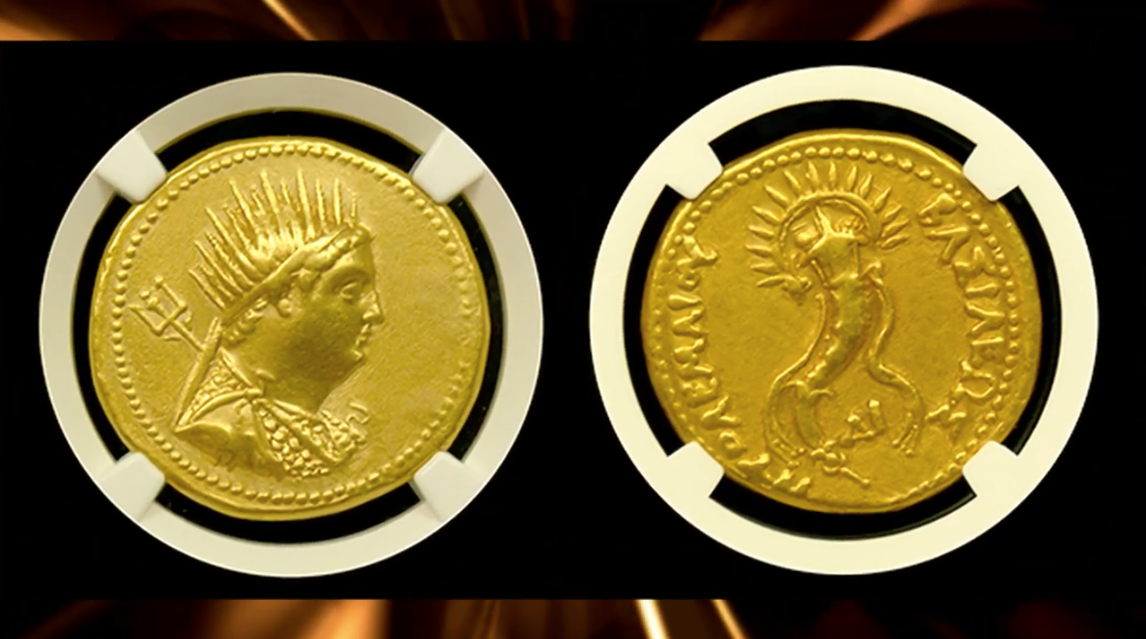

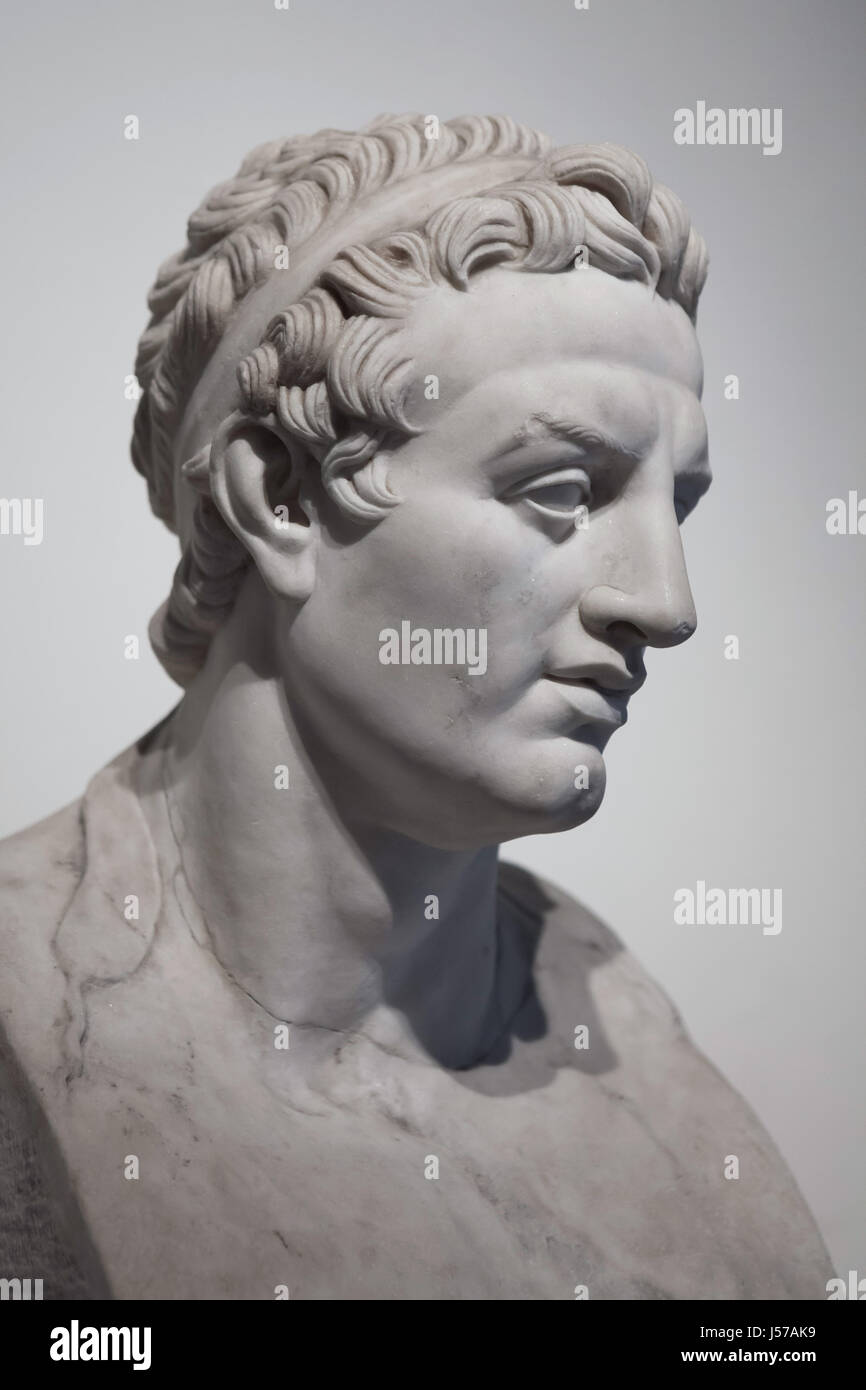



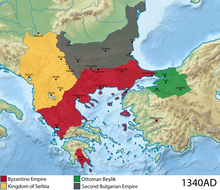
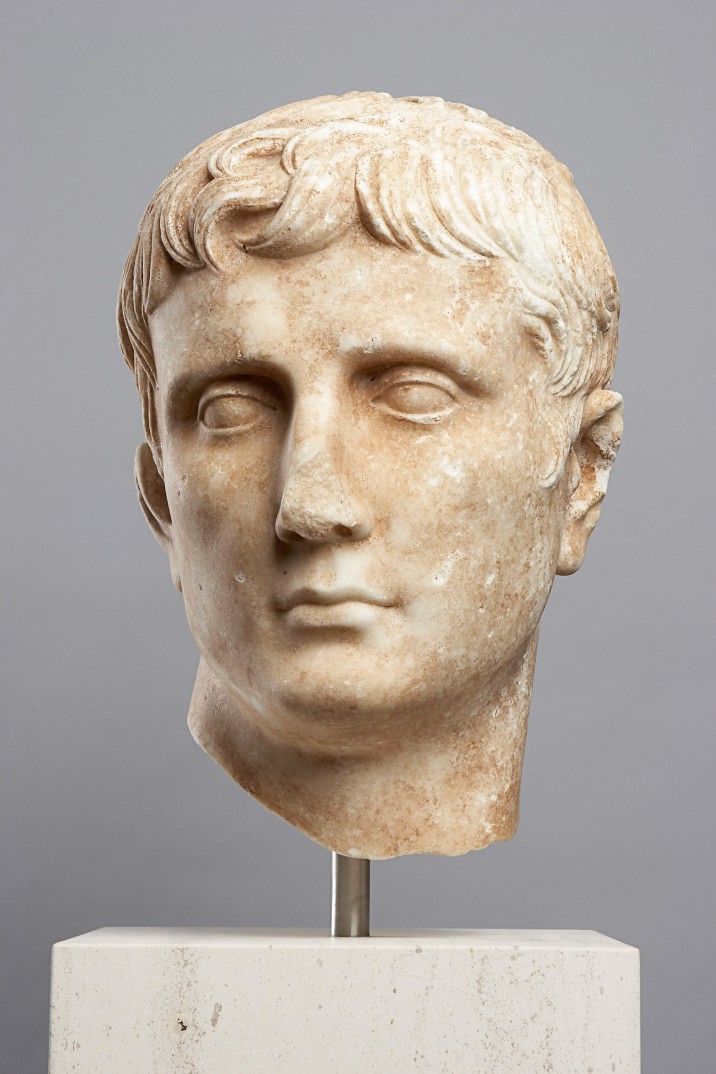
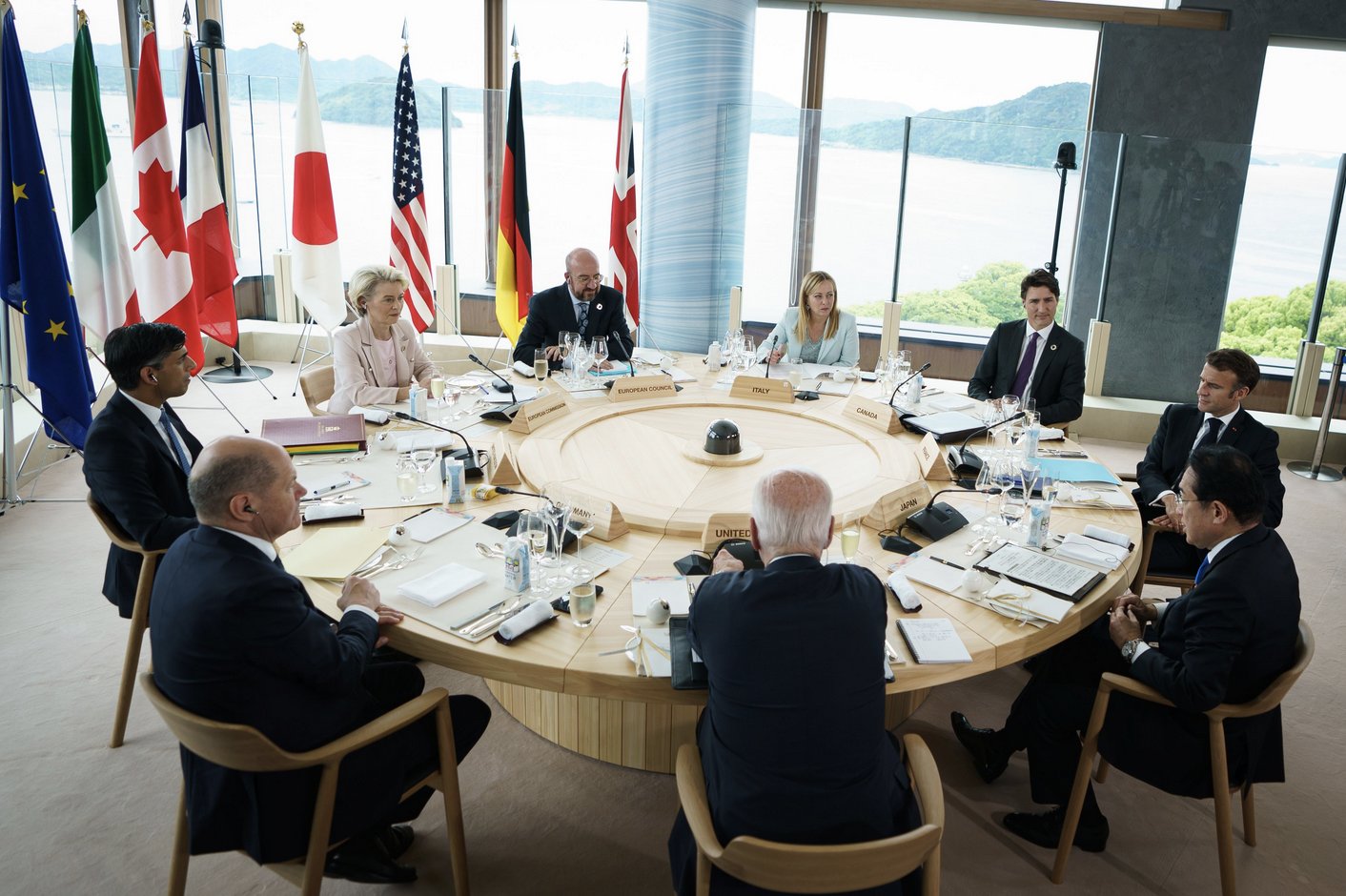




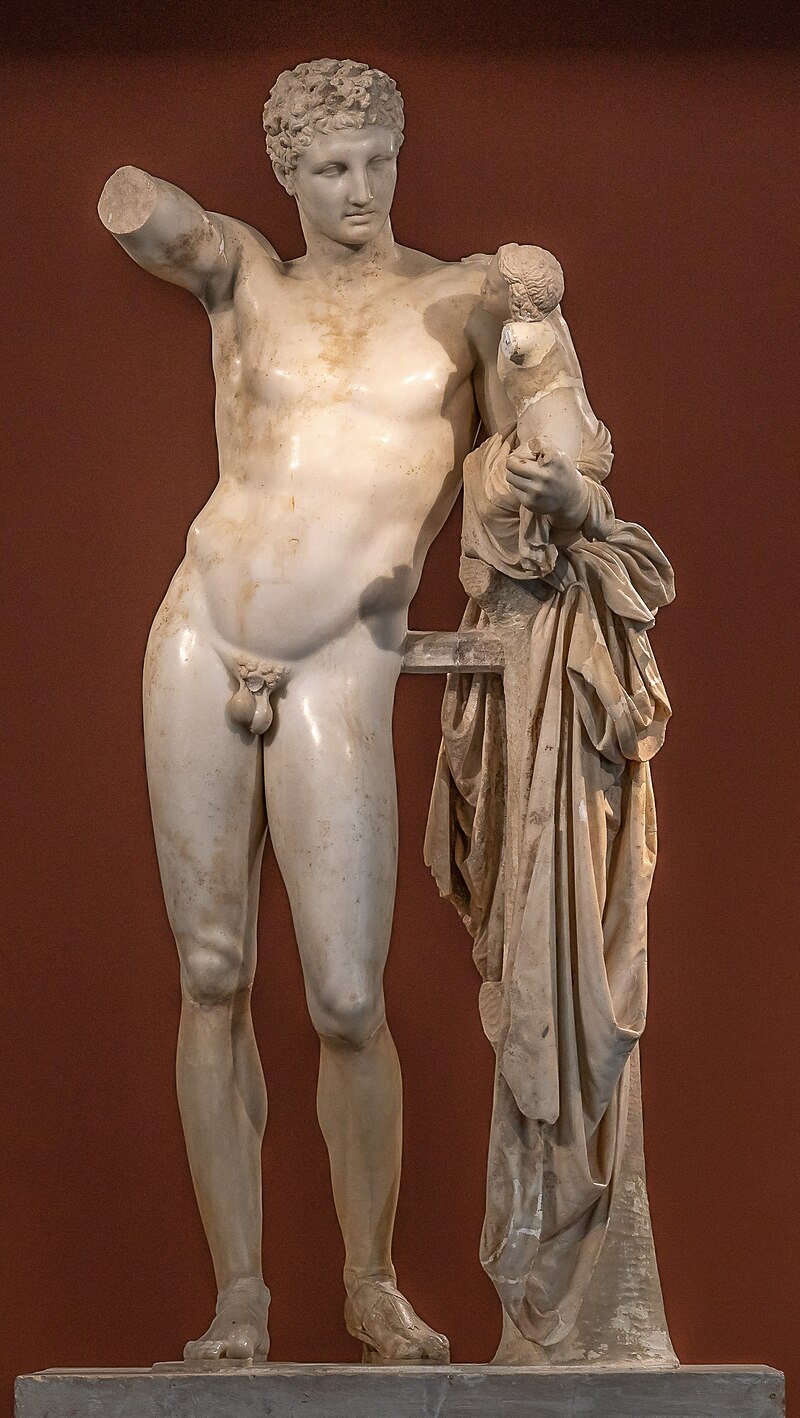

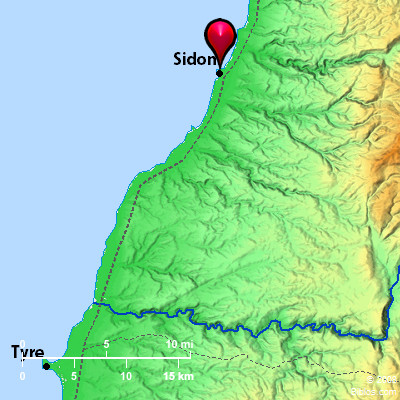

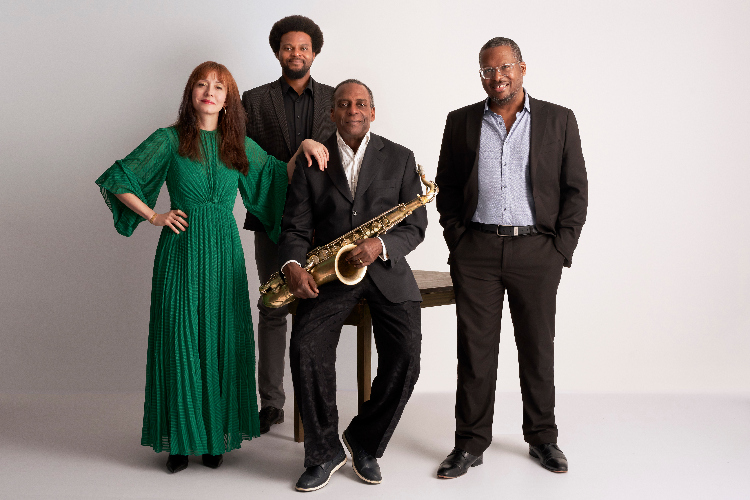

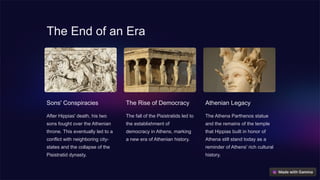




Comments